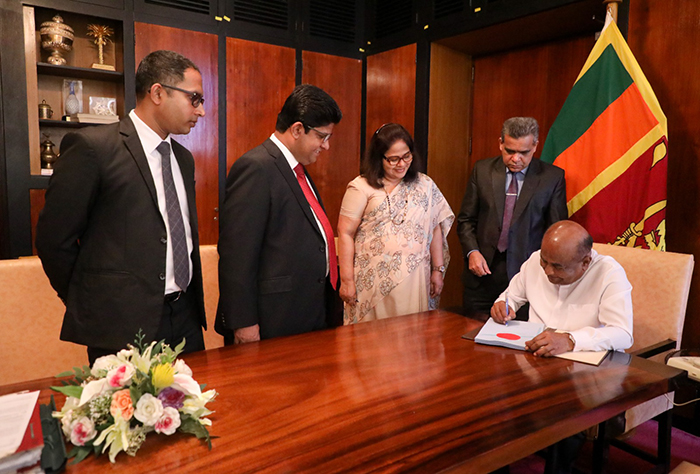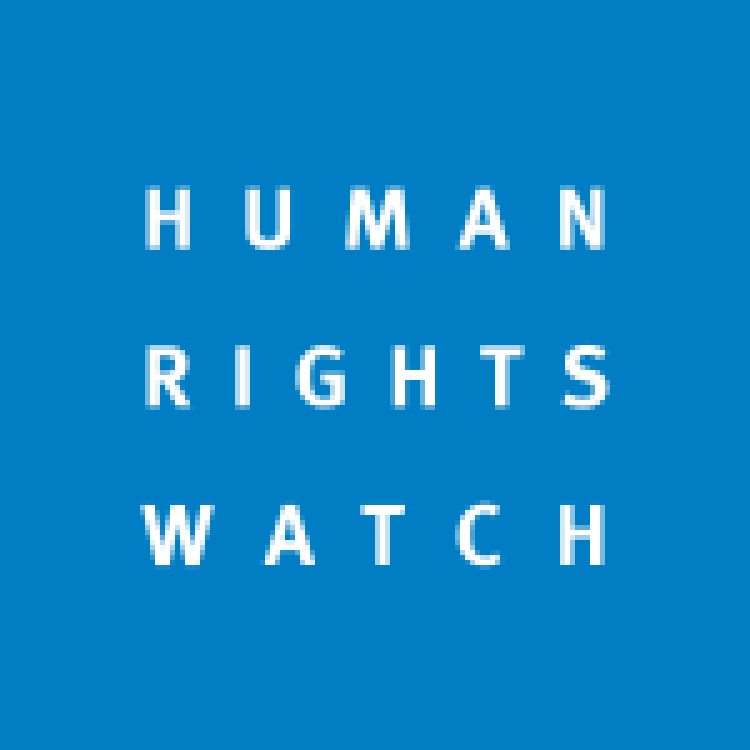
The Office of the United Nations High Commissioner for Human Rights (OHCHR) said that the Online Safety Bill will have "far-reaching negative implications for human rights" and called on the Sri Lankan government to amend the bill to comply with its human rights obligations.
Posting on the social media platform X, the OHCHR said "The new Online Safety Act will have far-reaching negative implications for human rights, including freedom of expression. We urge the Govt. to consider amending the law to address the concerns of civil society and industry groups and ensure it complies with human rights obligations."
The statement comes just days after the Speaker of Sri Lanka's Parliament Mahinda Yapa Abeywardena certified the bill with his signature making it into law.
The new bill has been met with ciritcism from Tamil civil society, human rights organisations and the international community.
Speaking to members of the American Chamber of Commerce, US Ambassador to Colombo reportedly said that:
“When major global tech companies characterise the bill as 'unworkable' and stifling innovation and democracy, instead of actually addressing online crimes, frankly this sends a negative signal in Sri Lanka’s path towards reform and recovery."
She added that the Sri Lankan government will need to do better in the future to work on legislation and reforms that will be durable, enforceable, and wise.
In a recent statement slamming the Online Safety Bill, Amnesty International's Regional Researcher for South Asia, Thyagi Ruwanpathirana, said the Act "is the newest weapon in the government’s arsenal of tools that could be used to undermine freedom of expression and suppress dissent. “Authorities must immediately withdraw it and ensure respect for the human rights of everyone in the country,” she added.
In her statement, she said that many parts of the Act do not meet international human rights standards including overbroad provisions that would restrict the enjoyment of the rights to freedom of expression and privacy online, and vaguely worded, subjective offences such as ‘prohibited statements’ as determined and declared by a powerful ‘Online Safety Commission’.
“As people grapple with and voice their concerns amid hardships during Sri Lanka’s economic crisis and the impact of government’s austerity measures, this legislation will be ripe for misuse by authorities and will be used to further restrict civic space, and crackdown on critics and opposition. In a year of elections, with a long history of cracking down on protests, the Sri Lankan authorities must demonstrate the political will to uphold their international human rights obligations and commitments by guaranteeing and ensuring respect for human rights before, during, and after elections,” she said.


